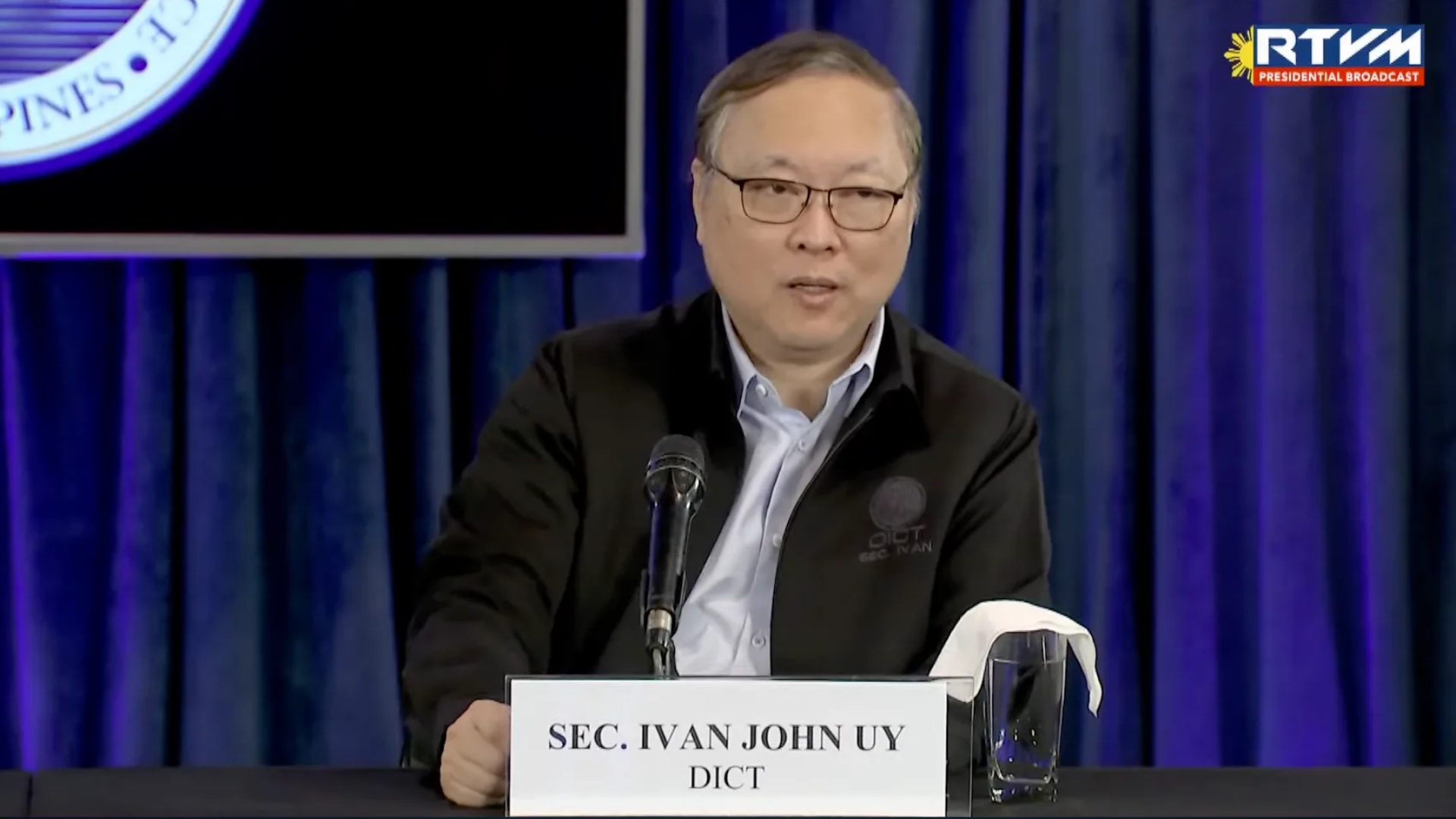As authorities struggle to catch up, Filipinos lose P155 million to scams in 2023.

In the first eight months of 2023, Filipinos lost P155.20 million due to frauds, increasing pressure on lawmakers to curb fraud in the digital economy. Up to 2% of global GDP has been lost due to digital fraud. In Southeast Asia, the Philippines has the greatest rate of financial phishing attempts.

Most attempted fraud takes the form of phishing attempts, which seek to trick users into providing sensitive personal information that criminals can exploit to steal money from their bank or e-wallet account.
This can be done by email, phone calls (called vishing), or SMS texts (called smishing). During the hearing, the Philippine National Police Anti-Cybercrime Group (PNP ACG) reported that the top ten most popular scamming schemes cost Filipinos at least P155.2 million. Because some fraud occurrences go undetected, the total figure could be substantially higher.
In the first eight months of 2023, Filipinos lost at least P155.20 million due to scammers, and politicians are now pushing for the passage of the Anti-Financial Account Scamming Act (AFASA). The increase of digital fraud has reduced worldwide GDP by up to 2%, and the Philippines has the highest rate of financial phishing attempts in Southeast Asia. Because fraud is continually developing, the existing cybercrime law, SIM registration law, and Financial Consumer Protection Act are insufficient to safeguard customers.

The proposed answer is the Anti-Financial Account Scamming Act (AFASA), which criminalizes phishing, vishing, and smishing assaults on financial accounts and enforces minimum requirements on financial service providers. The central bank and its law enforcement partners would have additional clout under AFASA to investigate bank deposits and other accounts of fraudsters sheltering behind bank secrecy.
